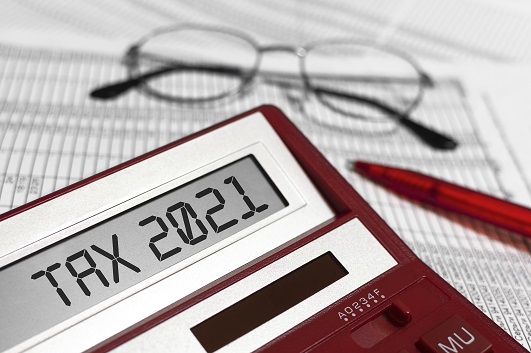
Accountants
Search

Accountants
Search

Running your own business or working as a self-employed professional unlocks a long list of advantages. You’ll have the freedom and flexibility to be your own boss and choose your own working hours. Working as a sole trader or limited company also provides a hugely rewarding career path and with hard work, can offer many financial benefits.
As a self-employed professional or business owner however, the prospect of managing your own finances and completing your own administration can be particularly daunting.
You may need to submit self-assessment tax returns to inform HM Revenue & Customs (HMRC) of your earnings and settle your Income Tax and National Insurance (NI) payments. But what is involved in self-assessment? And do you really need to complete a self-assessment tax return? Here we answer those all-important questions…
If you are self-employed as a sole trader and earn over £1,000 or are a partner in a business, you must file a tax return via self-assessment. Employed workers who earn income from other sources (such as money from letting a property; tips and commission; savings, investments and dividends; or foreign income) may also need to file a self-assessment tax return.
Completing and filing a self-assessment return is very straightforward. By filing your self-assessment online, you’ll work your way through a series of questions to share your details, employment status, earnings, pensions and savings, expenses and tax reliefs with HMRC.
The amount of Income Tax and NI due will then be calculated automatically, and you will be required to pay by the specified deadlines.
If you fail to file your self-assessment or do not pay by the specified deadlines, you will be subject to penalties, a fact that makes keeping on top of deadlines particularly important.
If you became self-employed or a partner during the last tax year (between 6th April 2020 and 5th April 2021), you must register for self-assessment by 5th October 2021. Paper returns must be completed and filed by midnight on 31st October 2021, whilst online tax returns should be completed and filed by midnight on 31st January 2022. Whether filing online or via paper form, all tax owed must be paid by midnight on 31st January 2022.
There are different ways to register if you are self-employed, not self-employed, or a partner or partnership.
Want help with self-assessment? Search for a local accountant and find the support you need to make self-employment or a business partnership work for you.